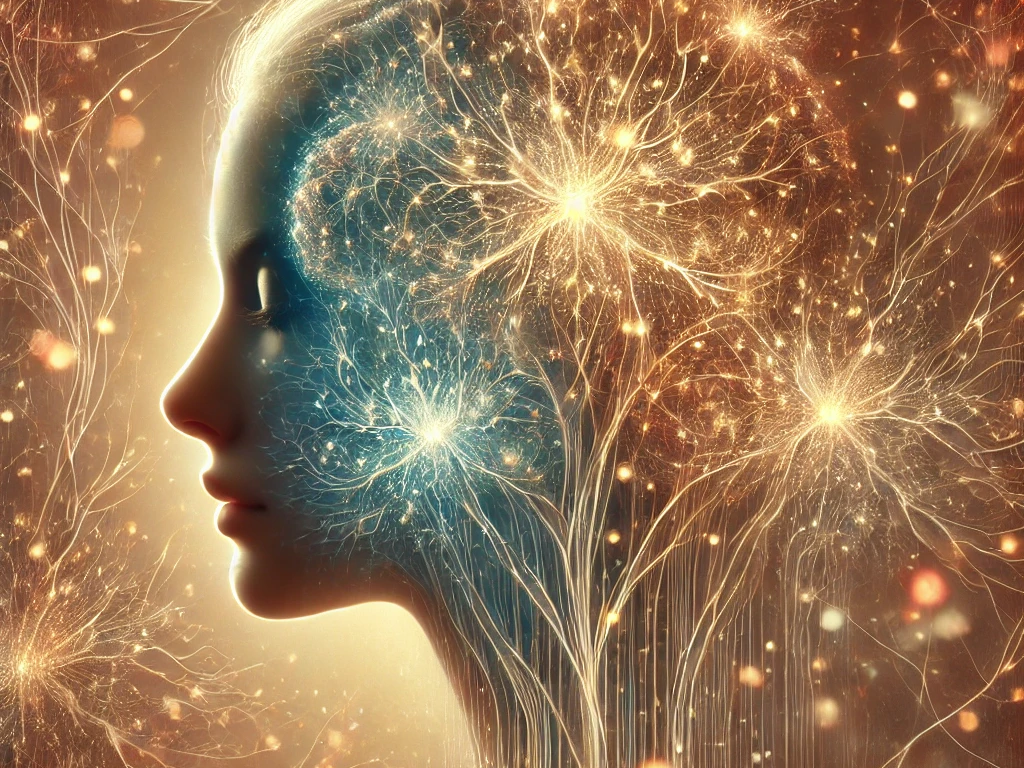
How Memes Hack Our Brains
How Memes Hack Our Brains
Why We Can’t Stop ScrollingThrough Memes?
The answer lies in your brain chemistry. Memes aren’t just funny pictures—they’re dopamine-delivering machines that reinforce social bonds and even help us process complex societal issues. From providing comic relief during crises to sparking debates about AI ethics, memes are more than just entertainment—they’re a reflection of how we think, feel, and connect. In this article, we’ll explore the science behind meme addiction, their role in collective problem-solving, and how brands can leverage their power.
Dopamine and Meme Sharing: The Brain’s Reward System
When you laugh at a meme, your brain releases dopamine, the “feel-good” chemical associated with pleasure and reward. This isn’t just a guess—it’s backed by science. A study published in Nature Neuroscience found that social media engagement, including sharing and interacting with memes, triggers dopamine release, creating a feedback loop that keeps us coming back for more. Here’s how memes hack your brain:
Instant Gratification: Memes are quick, digestible, and deliver immediate pleasure. According to a 2018 study in Frontiers in Psychology, the brain prefers short, visually engaging content because it requires less cognitive effort.
Social Bonding: Sharing memes strengthens social connections. A 2021 study in Computers in Human Behavior found that people who share humorous content online feel a stronger sense of belonging and community. Memes aren’t just addictive—they’re a tool for building relationships and fostering emotional connections.
Memes as Collective Problem-Solving Tools: Laughing Through the Tough Stuff
Memes don’t just entertain—they help us navigate complex societal issues. During the COVID-19 pandemic, memes became a coping mechanism for millions. For example, the "Bernie Sanders Mittens" meme, which went viral during the 2021 U.S. presidential inauguration, provided comic relief during a time of political tension and global uncertainty. According to a 2021 article in The Atlantic, this meme helped people process stress and find humor in a challenging moment.
Here are the best Bernie Sanders memes from that viral
#Inauguration
mitten picture https://t.co/rLvyydSTrh
— billboard (@billboard)
January 24, 2021
X post from @billboard
Memes also play a role in shaping public discourse. Emerged in 2023 and continued in 2024, memes about artificial intelligence, such as the "GPT Overlord" trend, sparked widespread debate about AI ethics. While the meme itself was humorous, it tapped into real anxieties about AI’s impact on society. A report by MIT Technology Review highlighted how memes can simplify complex topics, making them accessible and engaging for a broader audience.
Memes and Social Movements
Memes have become an indispensable tool for amplifying social movements, offering both accessibility and profound impact. During the #BlackLivesMatter protests in 2020, they transcended their role as entertainment, evolving into powerful instruments of solidarity and awareness. Research shows that memes excel at breaking down complex ideas into concise, visually engaging formats that resonate with digital audiences. Their shareability not only amplifies their reach but also enables activists to bypass traditional media gatekeeping, allowing for direct connection with diverse and often underserved communities. By blending cultural relevance with viral potential, memes have redefined how modern movements communicate and mobilize.
Environmental activists have similarly harnessed the power of memes to raise awareness about climate change and influence public opinion. Memes like the "This Is Fine" dog, which originated as a satirical commentary on disastrous situations, have been repurposed to reflect environmental crises, political inaction, and the urgency of climate action. The adaptability of such memes—paired with their ability to evoke strong emotions—makes them a uniquely effective tool in environmental advocacy. By drawing on familiar pop culture references, these memes not only reach a wide audience but also provoke thought, engage viewers, and stimulate discussions on pressing global issues. In doing so, memes provide a platform for environmental movements to bypass traditional media barriers, connect directly with younger generations, and push for action on a larger scale.
Why Memes Are So Addictive: The Science of Humor and Connection
The addictive nature of memes goes beyond dopamine. Humor itself is a powerful social glue. According to a 2017 study in Evolutionary Psychology, laughter and humor evolved as mechanisms to strengthen social bonds and reduce tension within groups. Memes, as a modern form of humor, serve the same purpose—they create a sense of shared experience and belonging.
These grandkids planned to surprise their grandma at the airport dressing as t-rex, but she heard about it and planned her own surprise. pic.twitter.com/moVLVzbjuZ
— NO CONTEXT HUMANS (@HumansNoContext)
September 30, 2024
X post from @HumansNoContext
A 2021 study titled "Dissecting the Meme Magic: Understanding Indicators of Virality in Image Memes," published in the Proceedings of the ACM on Human-Computer Interaction, found that memes depicting relatable subjects, such as characters expressing identifiable emotions, are more likely to be shared widely. The research indicates that memes featuring clear subjects and evoking positive or negative emotions tend to have higher virality, as they resonate with common human experiences.
Memes Are More Than Just Jokes—They’re Powerful Tools
Memes are a reflection of our brains, our communities, and our society. They trigger dopamine, reinforce social bonds, and help us process complex issues—from global crises to technological advancements. For brands, memes offer a unique opportunity to connect with audiences on a deeper, more emotional level.
Ready to harness the power of memes for your brand? MemeKitchen.ai
 can help you create scientifically optimized, shareable content that resonates with your audience. Start crafting memes today and watch your engagement soar. After all, as the internet says: “If it’s not a meme, did it even happen?”
can help you create scientifically optimized, shareable content that resonates with your audience. Start crafting memes today and watch your engagement soar. After all, as the internet says: “If it’s not a meme, did it even happen?”